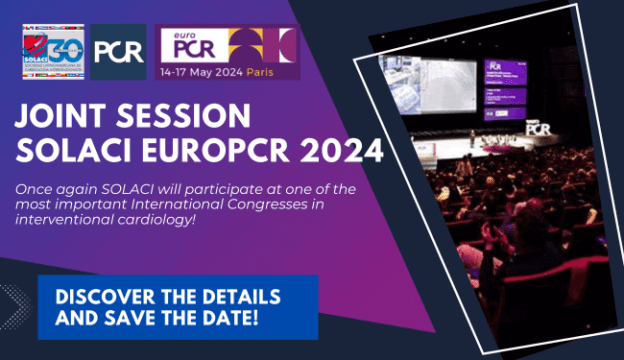This randomized trial of a single center with consent obtained after randomization compared the use of bivalirudin versus heparin with the use of glycoprotein inhibitors arescue only in patients having ST segment elevation myocardial infarction.The primary efficacy endpoint was a composite of death, stroke, and myocardial revascularization of the target lesion and the primary safety endpoint, major bleeding (BARCcriteria) at 28 days.Using glycoprotein inhibitors was similar with 13.5% in the bivalirudin groupand 15.5% in the heparin group.A total of 1829 patients were included observed an incidence of combined end point of 8.7 % for bivalirudin and 5.7 %for heparin group (p = 0.01). This difference was attributed to thereinfarctionby the increase by 4in in-stent thrombosis in the bivalirudin group (3.4 % versus 0.9 %, P = 0.0001). Major bleeding was similar between groups (3.5 % versus 3.1 %, P = 0.59) .
Conclusion
The use of heparin reduces the event rate compared with bivalirudin to reduce reinfarction caused by stent thrombosis.
Adeel Shahzad
2014-03-31
Title: Unfractionated Heparin versus Bivalirudin in Primary Percutaneous Coronary Intervention: A Unique Randomized Controlled Trial with Consecutive, Unselected Patient Enrollment (using Delayed Consent), Designed to Reflect Real-World, Contemporary Practice (HEAT PPCI)





